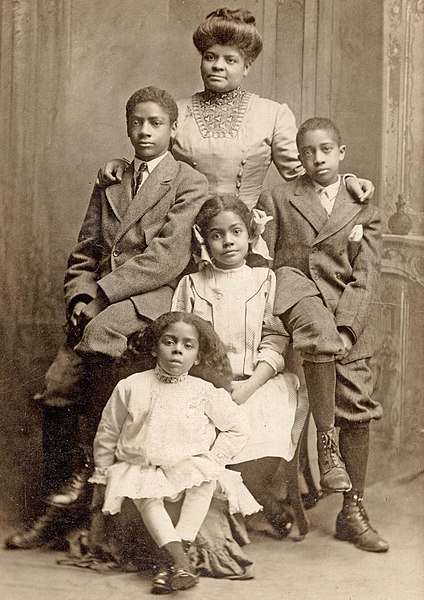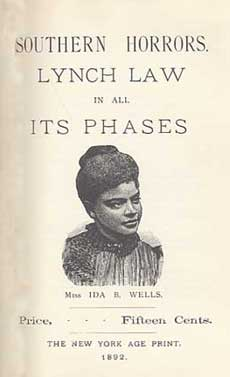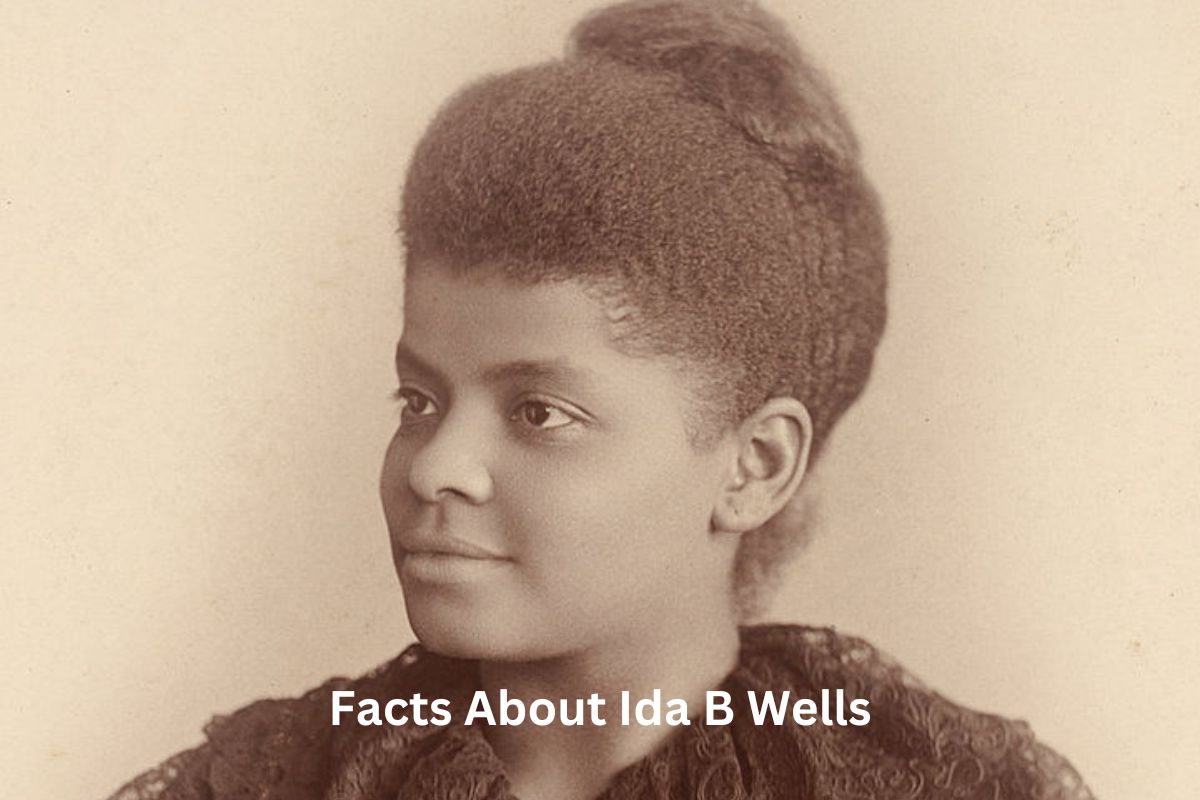Ida B. Wells (1862-1931) was an African American journalist, suffragist, and civil rights activist who dedicated her life to fighting against racial injustice and promoting gender equality.
Known for her fearless crusade against lynching, Wells exposed the horrors of this brutal practice through investigative journalism.
She was a co-founder of the National Association for the Advancement of Colored People (NAACP) and played a crucial role in the women’s suffrage movement.
Wells’s tireless advocacy, commitment to intersectionality, and resilience in the face of threats and violence continue to inspire activists and scholars today.
Ida B Wells Facts
1. Born on July 16, 1862, in Holly Springs, Mississippi
Ida B. Wells was born into slavery on the outskirts of Holly Springs, Mississippi, during the height of the Civil War. Her parents, James and Elizabeth Wells, were enslaved until the Emancipation Proclamation freed them.
Also Read: Ida B Wells Accomplishments
Growing up, Wells witnessed the challenges and discrimination faced by African Americans in the post-Civil War era.

2. Fought against lynching and exposed its horrors through investigative journalism
Ida B. Wells became a prominent figure in the fight against lynching, a brutal practice of extrajudicial killings primarily targeting African Americans. In 1892, three of Wells’ friends were lynched in Memphis, Tennessee.
Outraged by the injustice, she began investigating and reporting on lynching incidents in her newspaper, The Memphis Free Speech and Headlight.
Also Read: Timeline of Ida B Wells
Her articles provided detailed accounts of lynchings and challenged the prevailing narrative of African Americans as perpetrators deserving of such violence.
Her investigative journalism played a crucial role in raising awareness about the horrors of lynching and exposing the racist motivations behind it.
3. Founded the National Association of Colored Women (NACW) in 1896
Recognizing the need for collective action to address the challenges faced by African American women, Ida B. Wells was one of the founders of the National Association of Colored Women (NACW) in 1896.
The NACW aimed to uplift and empower African American women, addressing issues such as suffrage, education, and social reform. Wells served as a prominent leader within the organization, advocating for the rights and well-being of African American women across the United States.
The NACW played a significant role in advancing the rights of African American women and contributing to the broader struggle for equality and justice.
4. Advocated for women’s rights and played a role in the suffrage movement
Ida B. Wells was a staunch advocate for women’s rights and actively participated in the suffrage movement. She believed in the importance of gender equality and fought for women’s right to vote alongside her activism for racial justice.
Wells recognized the unique challenges faced by African American women and worked towards achieving both racial and gender equality. Her involvement in the women’s suffrage movement further highlighted the intersectional nature of discrimination and the need for inclusive advocacy.

5. Promoted the concept of intersectionality, recognizing the connection between different forms of oppression
Ida B. Wells was an early proponent of intersectionality, a concept that acknowledges the overlapping and interconnected systems of discrimination and oppression based on factors such as race, gender, and class.
She recognized that African American women faced multiple forms of discrimination and advocated for addressing these intersecting oppressions.
Wells understood that the fight for racial equality could not be separated from the fight for gender equality, and she emphasized the importance of inclusivity in social justice movements.
6. Faced threats and violence for her activism, including the destruction of her newspaper office
Ida B. Wells’s fearless activism and unflinching pursuit of justice came at a great personal cost. She faced numerous threats, harassment, and acts of violence throughout her career.
In 1892, a mob in Memphis destroyed her newspaper office in response to her bold reporting on lynching.
Forced to leave the city to protect her life, Wells continued her work from other locations. Despite the dangers and personal hardships she faced, Wells remained steadfast in her commitment to exposing injustice and fighting for the rights of African Americans.
Her resilience and courage in the face of adversity continue to inspire activists today.
7. Traveled internationally to raise awareness about racial injustice
Ida B. Wells’s activism extended beyond the borders of the United States. In the late 19th century, she embarked on a series of international speaking tours to raise awareness about racial injustice and advocate for the rights of African Americans.
Wells traveled to countries such as England and Scotland, where she delivered powerful speeches condemning lynching and racial discrimination in the United States. Her international advocacy efforts helped shine a spotlight on the plight of African Americans and garnered support from international audiences.
8. Co-founder of the NAACP in 1909
Ida B. Wells played a significant role in the establishment of the National Association for the Advancement of Colored People (NAACP). In 1909, Wells joined forces with prominent civil rights activists, including W.E.B. Du Bois and Mary Church Terrell, to form the NAACP.
The organization aimed to fight for racial equality, advocate for civil rights legislation, and challenge racial discrimination in all its forms.
Wells’s involvement as a co-founder highlighted her enduring commitment to addressing racial injustice and promoting equal rights for African Americans.
9. Established schools for African American children in Memphis
Education was another important aspect of Ida B. Wells’s activism. In addition to her work as a journalist and advocate, she also contributed to the education of African American children. Wells established several kindergartens and schools for African American children in Memphis, Tennessee.
Recognizing the transformative power of education, she sought to provide opportunities for young African Americans to receive an education despite the prevailing racial barriers.
Her efforts in education reflected her belief in the importance of empowering future generations through knowledge and learning.
10. Remembered as a courageous advocate for racial and gender equality, leaving a lasting impact on the civil rights movement
Ida B. Wells’s legacy is one of courage, resilience, and unwavering commitment to justice. She fearlessly confronted the injustices of her time, exposing the horrors of lynching, advocating for women’s rights, and working towards racial equality.
Wells’s contributions to the civil rights movement paved the way for future generations of activists. Her writings, speeches, and activism continue to inspire and inform contemporary social justice movements.
Wells’s legacy serves as a reminder of the power of one individual’s voice and actions in bringing about meaningful change.
